The Bollywood filmmaker spoke to us as part of the Bundelkhand Literature Festival 2022, about reading, the rise of digital platforms and the changing nature of cinema, his favourite fim adaptations of books, and much more. Excerpts.
How is it like to participate in the Bundelkhand Literature Festival? In a time where reading loses its value with time, what is their role in your opinion? Does the rise of digital platforms affect reading?
Aashit Chatterjee: Participating in Bundelkhand Literature Festival is an honour for me.
Yes reading loses it’s value with time in this fast paced era of digital platforms where everything is availabe with one click or via a remote control. Reading need it’s own time, and now we just have a lot of distraction.
In my opinion, people understand visuals faster than text. So we should focus on making films, web series, TV series on good stories more what we have done so far. There are lot of talented writers who are creating good content for OTT platforms. Good stories reaches the masses easily through this medium.
One of the biggest advantages of a book being made into a film is seeing the characters come alive and give your imagination a sense of reality. A lot of people cannot imagine and picture the characters or situations when reading a book, but a film makes all that very simple and possible.
In India, cinema, as we knew it, is changing. Gone are the days when people would flock to theatres every Friday to catch the new blockbuster, but rather, the shift has been towards digital platforms, slowly and steadily. What are some of the biggest positives and negatives to come out of this shift?
Aashit Chatterjee: Everything is changing in this world day by day, so is cinema. See, for every change there are positive as well as negative aspects everywhere.
Yes, there is a definite shift from the theatres to the digital platforms. Here, the biggest positives are that we can watch any film or series of our choice anytime we want as per our convenience, at a relatively affordable costs.
Whereas the biggest negatives are that, slowly slowly we are missing the wonderful atmosphere sitting with hundreds of people and sharing every emotion while watching films in the theatres. But one thing is clear that people will never stop watching films in theatres, although the crowd will not be the same as it was before the arrival of digital platforms.
Do OTT platforms give you more agency for creativity and storytelling than productions that are primarily reliant on box office?
Aashit Chatterjee: In one way yes, because OTT platforms have a larger market and space compared to the box office. OTT platforms have given us hidden and unheard talents from all over, from actors to writers to directors. This is made possible because of the vast opportunities it offers.
You’ve co-written and acted in a short film, & the Keeda. What was the experience like, and is it a different process when you act in a story where you were also one of the writers?
Aashit Chatterjee: Yes I have co-written and acted in short film “& the Keeda”. But I have written, produced & directed my short films “The Truth Behind”, “The Lost Empire”, “Caution”, “The Head” & “The Lens”, out of which four short films are internationally acclaimed in various film festivals all over the world.
The only difference is that when you act in a story you have written, you are immersed in the character from the process of writing itself as you have conceived it, whereas you need to discuss the whole arc with the writer and director to get their vision about story and character to portray the role when you come on board as an actor. The level of preparation for the role is same whether I write or someone else writes.
Bollywood, and Indian cinema for that matter, over years, has produced some brilliant adaptations of books. What are some of your favourite literary adaptations? Are there books you would like to see as a work of cinema?
Aashit Chatterjee: Indian cinema has produced some brilliant adaptations of books by great authors like Sarat Chandra Chatterjee, Rabindranath Tagore, Munshi Premchand, Amrita Pritam, Vijay Tendulkar, Ruskin Bond, Jhumpa Lahiri, William Shakespeare, Bimal Mitra and more.
My favourite literary adaptations are “The Guide”, “Devdas”, “Namesake”, “Maqbool”, “Saheb Bibi aur Ghulam”, “Pinjar”, “Shatranj Ke Khiladi”, “Junoon”, “Chokher Bali”.
I feel we should have more films based on above author’s books and on the talented authors of this era. We need to spread good stories to the world through visuals.
You’ve been in this industry for quite some time now. Are there any books that have helped you hone your craft and that you think can interest budding actors or filmmakers, or even those who’re curious toward the world of cinema?
Aashit Chatterjee: Frankly speaking I am more into visuals, I prepare myself as an actor by watching good films based on novels. I have seen lot of good films based on novels made by legend filmmakers like Satyajit Ray, Shyam Bengal, Govind Nihalini, Mrinal Sen, Gautam Ghosh, Buddhadev Bhattachahrjee, Sai Paranjape, Meera Nair and more.
I would like to say budding actors should go through books as much as they can, and watch good films to study the various shades of characters, and how they develop over time.
What are some of your favourite books and authors that you have enjoyed reading while you grew up?
Aashit Chatterjee: I am not a regular reader but I grew up reading the series of William Shakespeare, short stories of Sukumar Roy, few stories of Sarat Chandra Chatterjee, Rabindranath Tagore.







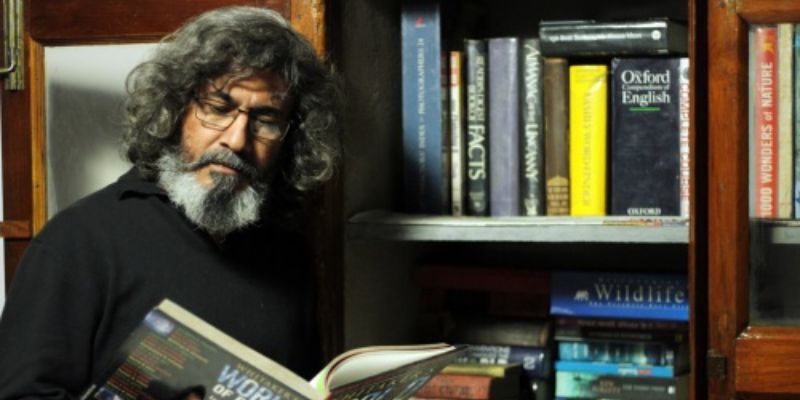








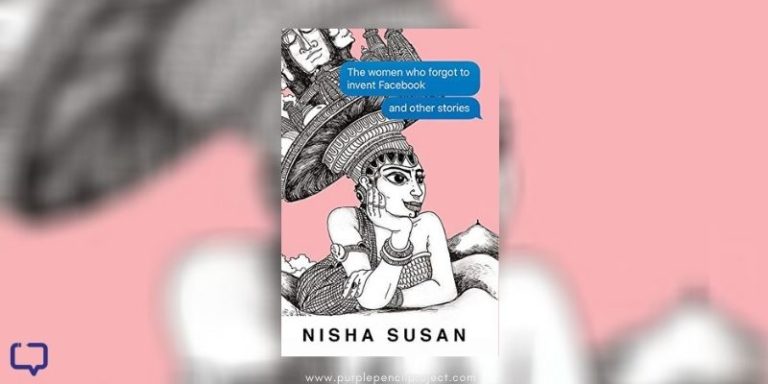
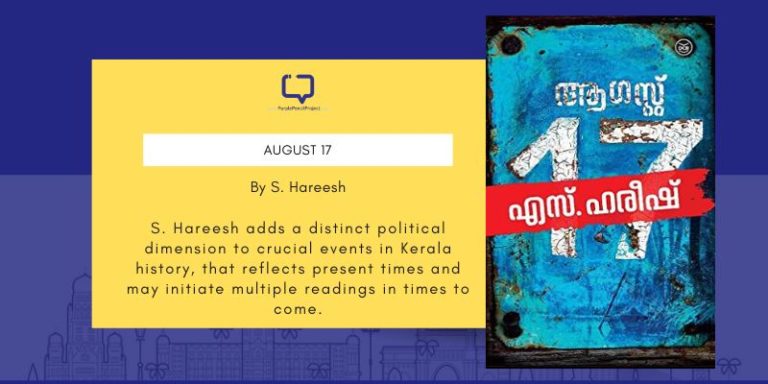
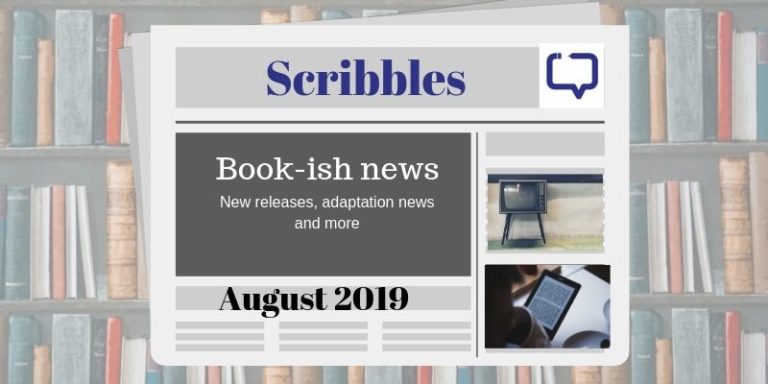
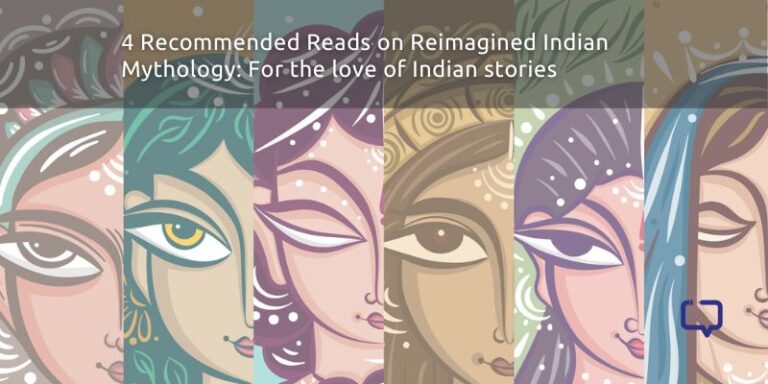
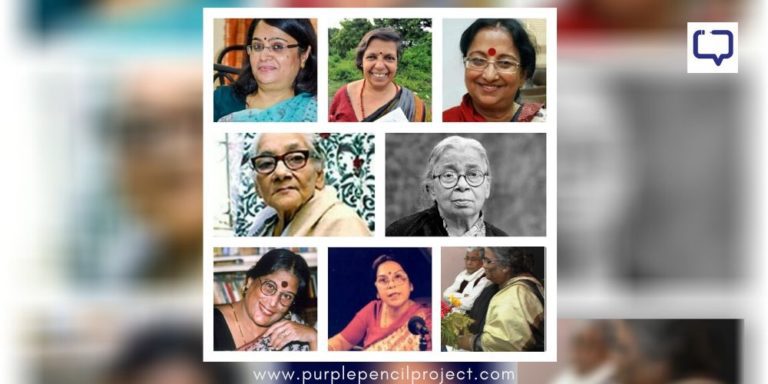


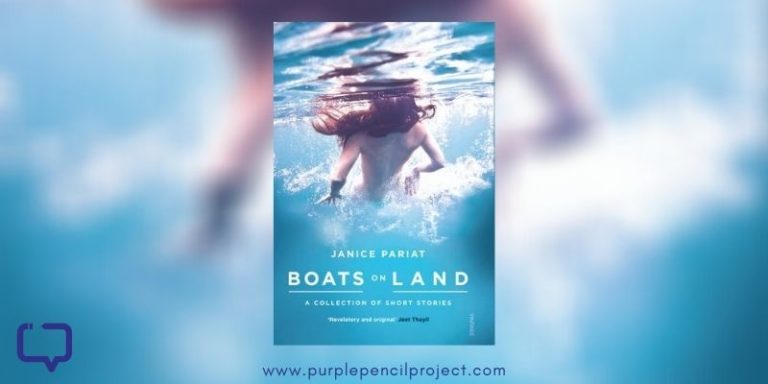

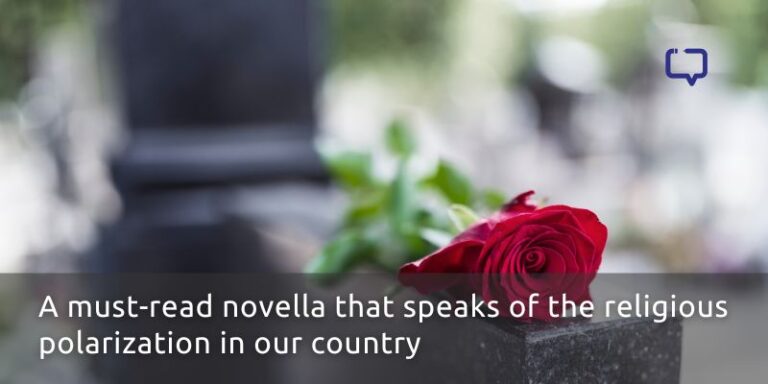
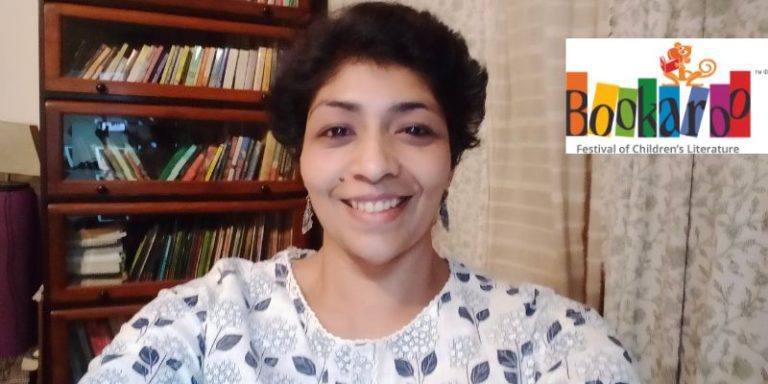


2 Responses
Lovely.
Congratulations 💐🙏
Thank you very much 🙂 🙂 🙂